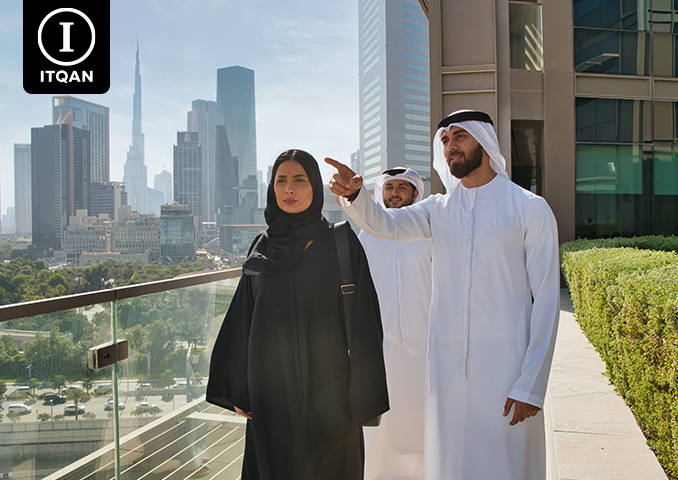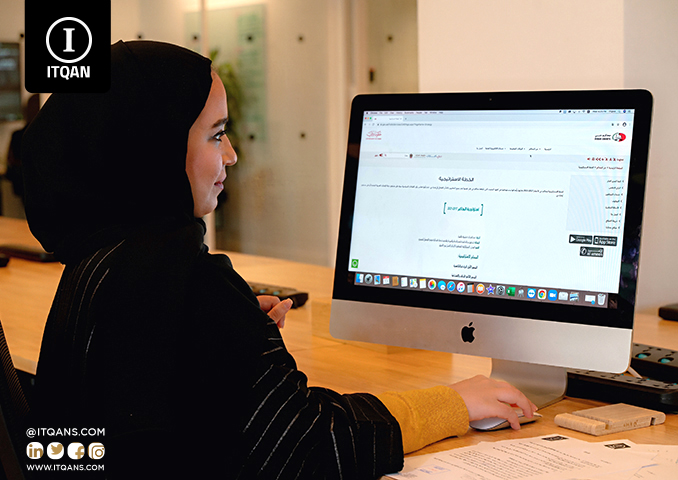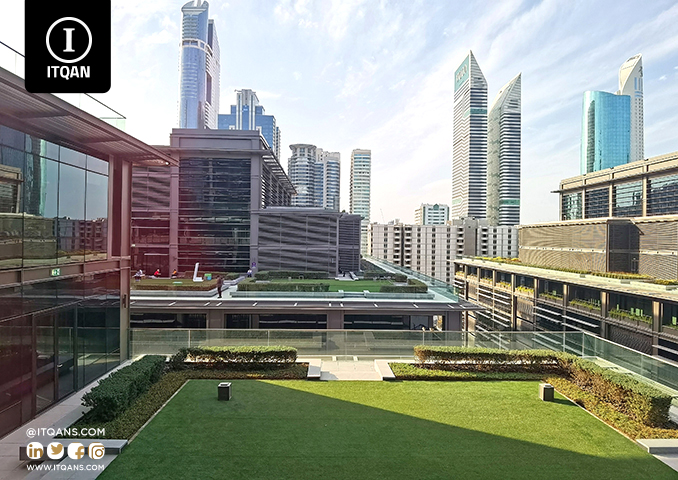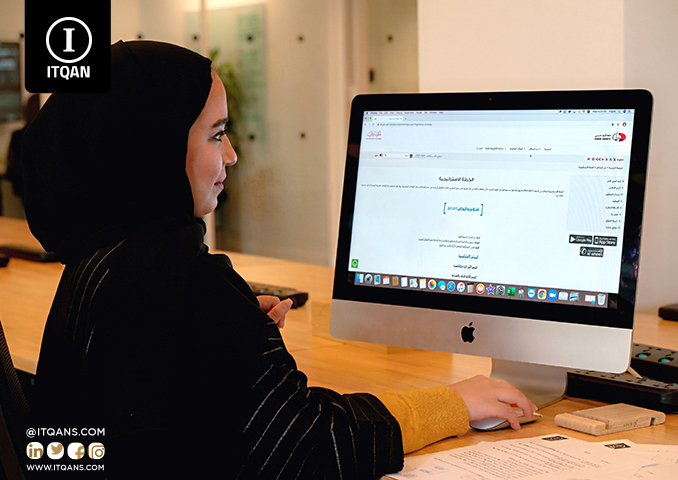Investing in the UAE is an attractive option for investors looking for new opportunities in a stable and developing economic environment. The UAE offers many investment opportunities in diverse fields such as real estate, energy, tourism, technology, and creative industries. In this article, we will discuss the steps to invest in the UAE and how to benefit from the dynamic economic environment in this country.
The steps to invest in the UAE begin with identifying the appropriate economic sector that suits the investor’s goals. Next, the local market must be studied and the demand for the products or services in question must be assessed. It is also important to understand the UAE’s economic and commercial legislation and laws to ensure full compliance and avoid potential legal problems.
After identifying the sector and evaluating the market, the next step involves creating a detailed investment plan. This plan should include a careful financial analysis and estimate of costs and expected return on investment. It should also determine the desired plan for future growth and expansion.
After developing the investment plan, the investor must begin the implementation process. This includes establishing the company if the investment requires it, hiring employees, providing the necessary resources, and establishing partnerships with local businesses if necessary.
Investing in the UAE is not limited to large companies only, but individuals can also invest in real estate, stocks or investment funds. Ultimately, the investor should enjoy the investment experience and learn from the opportunities and challenges faced in this dynamic market.
In short, investing in the UAE requires good study and careful planning to ensure success and achieve the desired return. The advanced economic environment and rational legislation in the UAE provide diverse opportunities for investors from all over the world.

Steps to invest in the Emirates
Investing in the Emirates
Investing in the UAE represents an important opportunity for local and international investors alike. The UAE enjoys an encouraging and developed investment environment that guarantees legal protection and political stability, creating an ideal environment for economic growth and prosperity. The UAE is home to many world-leading companies in diverse fields such as real estate, technology, energy, and tourism.
The UAE government is adopting ambitious economic policies aimed at promoting economic diversification and promoting innovation and investment in infrastructure. The UAE offers a range of tax benefits and incentives to investors, including tax exemptions and facilities for establishing companies and owning real estate.
In addition, the UAE is located in a strategic geographical location that makes it an important center for trade and investment at the global level, and it has a developed infrastructure that supports business and facilitates communication with global markets.
In short, investing in the UAE is a smart choice for investors who seek to achieve profitable financial returns and expand their business in a developed and stable investment environment.
Steps to invest in the Emirates
With its diversified economy and advanced infrastructure, the United Arab Emirates is considered one of the most important investment destinations in the Middle East. The UAE provides an encouraging investment environment, and the government encourages foreigners to invest by providing financial incentives and legal facilities. Here are general steps for investing in the UAE:
- Research and planning: Study the market, determine the sector you want to invest in, and identify available opportunities and potential challenges.
- Partner with a Financial Advisor or Lawyer: Find a local financial advisor or lawyer who can help you understand local laws and regulations and provide investment advice.
- Company or Partnership Formation: You may need to establish a new company or create a partnership with a local company, depending on the requirements of local law and the type of investment.
- Licenses and Permits: Make sure to obtain the necessary licenses and permits from the relevant government agencies before starting work.
- Financing and Investment: Secure the necessary financing for your project from various sources, whether from private or public sources, and make informed investment decisions.
- Recruitment and business management: Find suitable human resources and develop integrated management plans to run the business effectively.
- Performance monitoring and analysis: Regularly monitor the performance of your investments and analyze the data to make the right investment decisions.
- Compliance with legal and tax controls: Ensure compliance with local and international legal and tax controls, and submit reports and tax returns in a timely manner.
Conditions for investment in the Emirates
Investment conditions in the UAE vary depending on the type of investment and the sector to which it relates. However, some general conditions that can apply to investing in the UAE can be summarized as follows:
- Work License: UAE laws may require a work license for foreign investors and workers working in the country.
- Legal Registration: Companies and investment institutions must register themselves in the appropriate legal form in the Emirates.
- Foreign ownership: Foreign ownership laws vary from one emirate to another, and some sectors may require prior approval for foreign investment.
- Financial conditions: Some investments may require depositing sums of money or providing financial guarantees to obtain the necessary licenses.
- Compliance with Laws and Regulations: Investors must comply with local, state, and federal laws and regulations related to investing and business.
- Environmental and Social Conditions: Some investments may impose environmental and social conditions to ensure that business activities comply with environmental and social standards.
The main investment sectors in the Emirates
The UAE is characterized by great economic diversity and offers wide investment opportunities in several sectors. Among the investment sectors in the UAE:
- Real estate sector: The UAE is famous for its active and developed real estate market, with investment opportunities in residential, commercial, tourism, and industrial projects.
- Technology and Innovation: The UAE strives to achieve excellence in the technology and innovation sector, creating opportunities for investment in startups and new technologies.
- Energy: Energy is a major sector in the UAE economy, offering investment opportunities in the fields of renewable energy, nuclear energy, and oil and gas.
- Tourism and Hospitality: Tourism and hospitality are considered one of the most important economic engines in the Emirates, with opportunities to invest in hotels, tourist resorts, and other tourism services.
- Financial services: The UAE offers a developed financial environment that provides investment opportunities in banking, financial markets, insurance, and financial consulting.
- Creative and Cultural Industries: The UAE encourages cultural diversity and offers investment opportunities in arts, culture, entertainment, and media.
These sectors are constantly evolving and provide multiple opportunities for local and international investors seeking to achieve lucrative financial returns and contribute to the development of the UAE economy.

Investing in the Emirates
The cost of investing in the UAE
Investment costs in the UAE vary based on the type and size of investment and the sector you target. There are several factors that affect the total cost of investment, including:
- Cost of initial capital: You must provide the capital necessary to start your business, whether it is to buy a property, start a company, or finance a project.
- Legal fees and costs: There may be company registration and establishment fees, and fees for obtaining the necessary licenses and permits from local authorities.
- Labor and operating costs: You must bear the costs of hiring and training employees, in addition to the daily operating costs of the project or company.
- Government taxes and fees: Government taxes and fees vary from sector to sector, and you should be aware of your tax obligations and their potential costs.
- Real estate costs and rentals: If your investment includes real estate, you will need to pay the costs of purchasing or renting and maintaining the property.
- Management and Marketing Costs: You must allocate a budget to manage the business and promote the products or services you offer.
Investment laws in the UAE
Investment laws in the UAE are advanced and in line with the modern economy and the challenges faced by companies and investors. There are many laws and regulations that regulate investment in the Emirates, the most prominent of which are:
- Foreign Investment Law: regulates the rights of foreign investors and provides them with legal protection and guarantees to invest in the Emirates.
- Companies Law: Regulates the establishment and management of companies in the Emirates, including local companies and companies with foreign shareholding.
- Labor laws: regulate workers’ rights and employers’ duties and ensure a fair and safe working environment.
- Tax laws: determine the tax obligations of companies and individuals and provide an encouraging environment for investment.
- Real estate laws: regulate the ownership and use of real estate in the Emirates, including laws related to real estate investment.
- Consumer protection laws: protect the rights of consumers and regulate the relationship between them and companies and commercial institutions.
Documents required for investment in the UAE
The UAE has a strong reputation as one of the best investment destinations in the world, attracting investors from all over the world thanks to its thriving economic environment and business facilities. If you are thinking about investing in the UAE, here are the documents required to start this journey:
- Passport and Residence Visa: Foreign investors need a valid passport and residence visa to start investing.
- Commercial documents: Commercial documents include the establishment of the company or partnership, including contracts and agreements.
- Licenses and Permits: You may need to obtain local licenses and permits to operate the business, according to local laws.
- Financial documents: Financial documents must be provided proving the investor’s ability to finance the investment.
- Reports and other legal documents: UAE government agencies may request the submission of reports and other documents depending on the need and type of investment.
Advantages of investing in the Emirates
The United Arab Emirates is considered one of the most attractive investment destinations in the Middle East. This is due to several factors that make it an ideal environment for business and investments. It has a developed infrastructure, a diversified economy, and an encouraging investment policy. Here are some advantages of investing in the UAE :
- Political and economic stability: The UAE enjoys a stable political environment and good leadership, which creates a favorable environment for investments and business.
- Diversity of the economy and promising sectors: The UAE economy provides investment opportunities in a variety of sectors such as real estate, tourism, technology, renewable energy, and service industries.
- Encouraging investment policy: The UAE government adopts encouraging investment policies that include financial incentives, tax exemptions, and facilities for establishing companies, which makes the commercial environment attractive for investment.
- Strategic location and advanced infrastructure: The UAE is considered a major commercial center thanks to its strategic location between east and west, and provides advanced infrastructure that includes ports, airports, and advanced transportation networks.
- Diversity of cultures and a tolerant society: The UAE is a multicultural and tolerant environment, which attracts skilled workers from all over the world and contributes to business success.
At the conclusion of this article, it can be said that the UAE is considered one of the most prominent advanced and stable investment destinations in the world. Thanks to an ambitious government vision and an encouraging investment environment, the UAE provides diverse and exciting opportunities for both local and international investors. With modern investment laws and advanced infrastructure, the UAE offers a variety of sectors and investment opportunities that include real estate, technology, energy, tourism, and many more.
In addition, the UAE enjoys a strategic geographical location and possesses a developed infrastructure, making it a center for trade and investment in the UAE on a global level. As economic developments and reforms continue, the UAE can continue to attract investors and achieve greater growth and prosperity in the future.
The most important frequently asked questions about investing in the UAE
The most important frequently asked questions about investing in the UAE
Foreign investors must deposit the required capital, register the company with the relevant government agencies, and obtain the necessary licenses and permits.
Can foreign investors own real estate in the UAE?
Yes, foreign investors are allowed to own real estate in certain areas in the UAE, and these are regulated by federal and local laws.
What are the taxes imposed on companies in the UAE?
Companies in the UAE enjoy the availability of corporate income tax in most sectors, but there are exceptions for companies in some specific areas.
Can foreign investors obtain UAE citizenship through investment?
Self-investment does not grant UAE citizenship, but foreign investors can obtain a long-term residence visa based on the investment in some specific cases.
What are the main investment opportunities in the UAE?
Investment opportunities in the UAE include diverse sectors such as real estate, energy, technology, tourism, financial services, and creative and cultural industries.
















